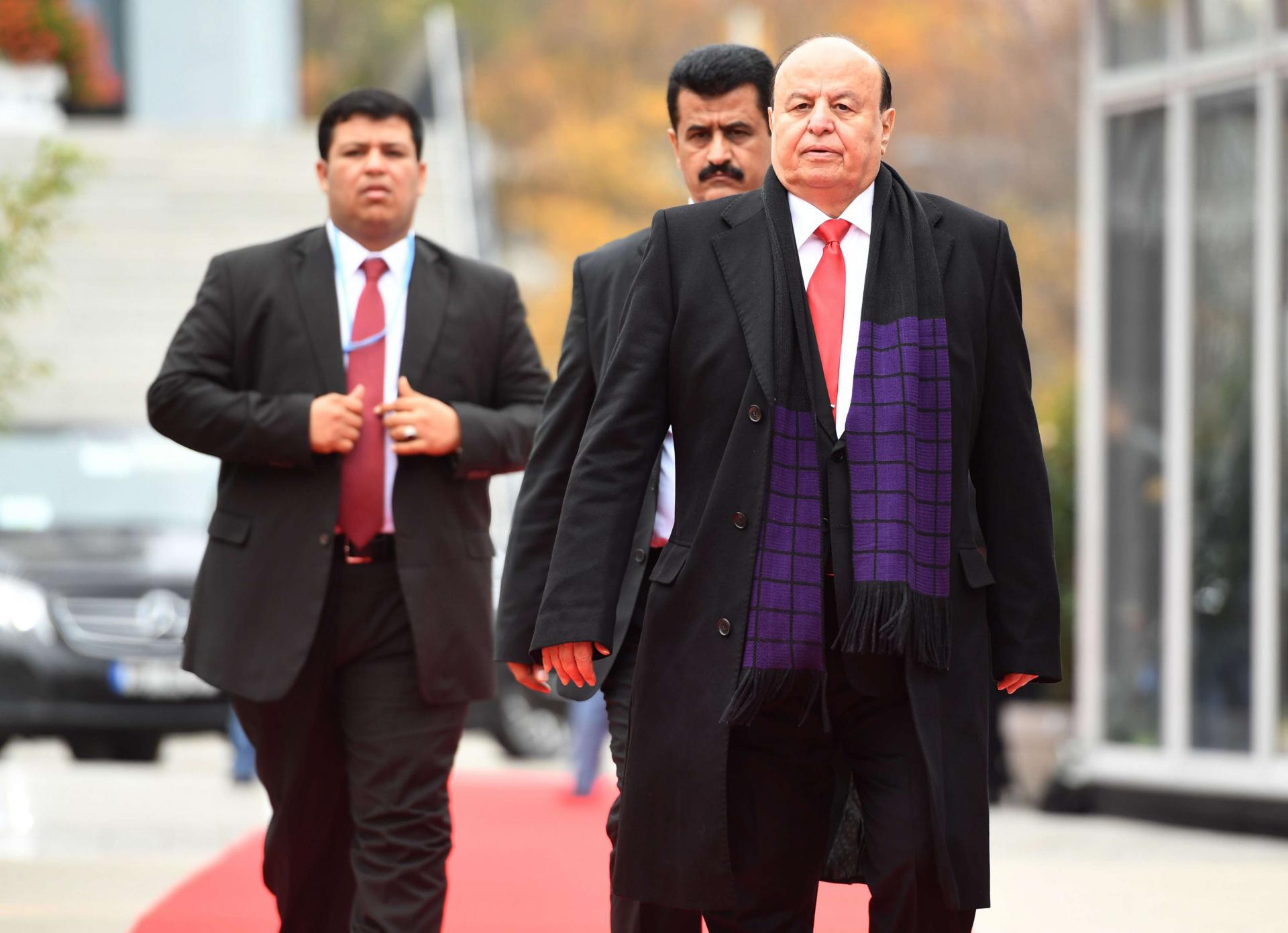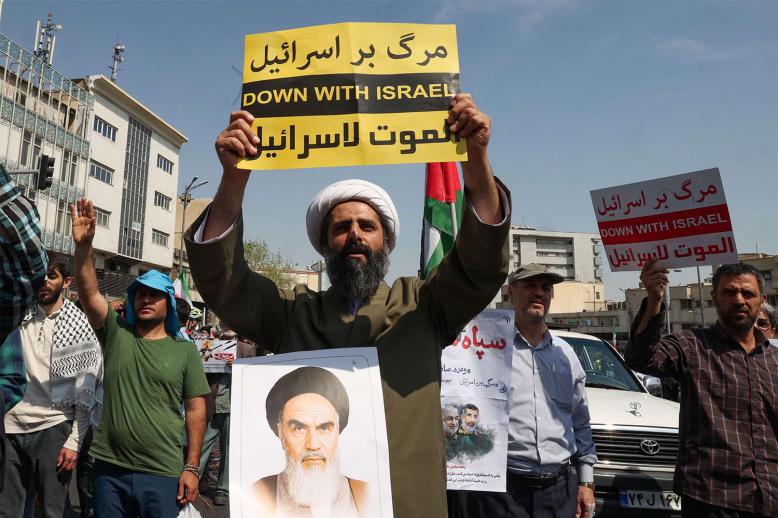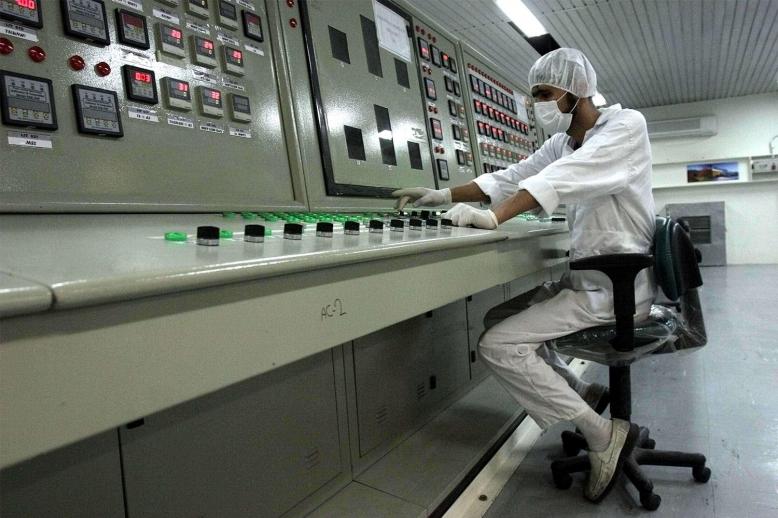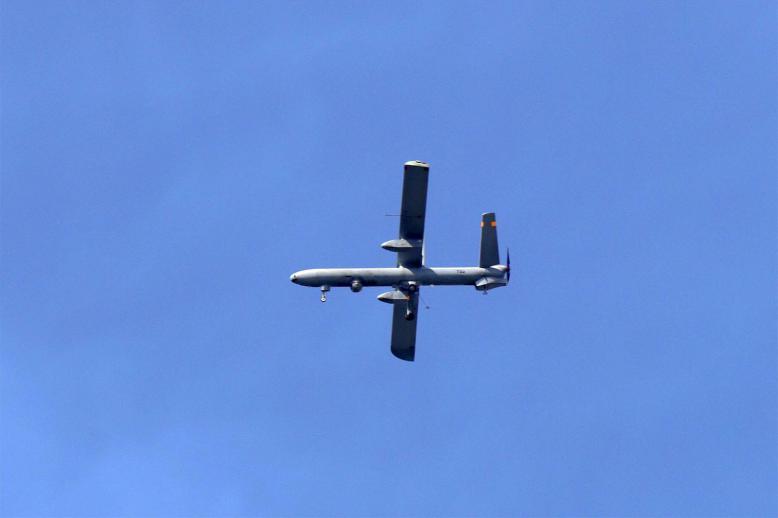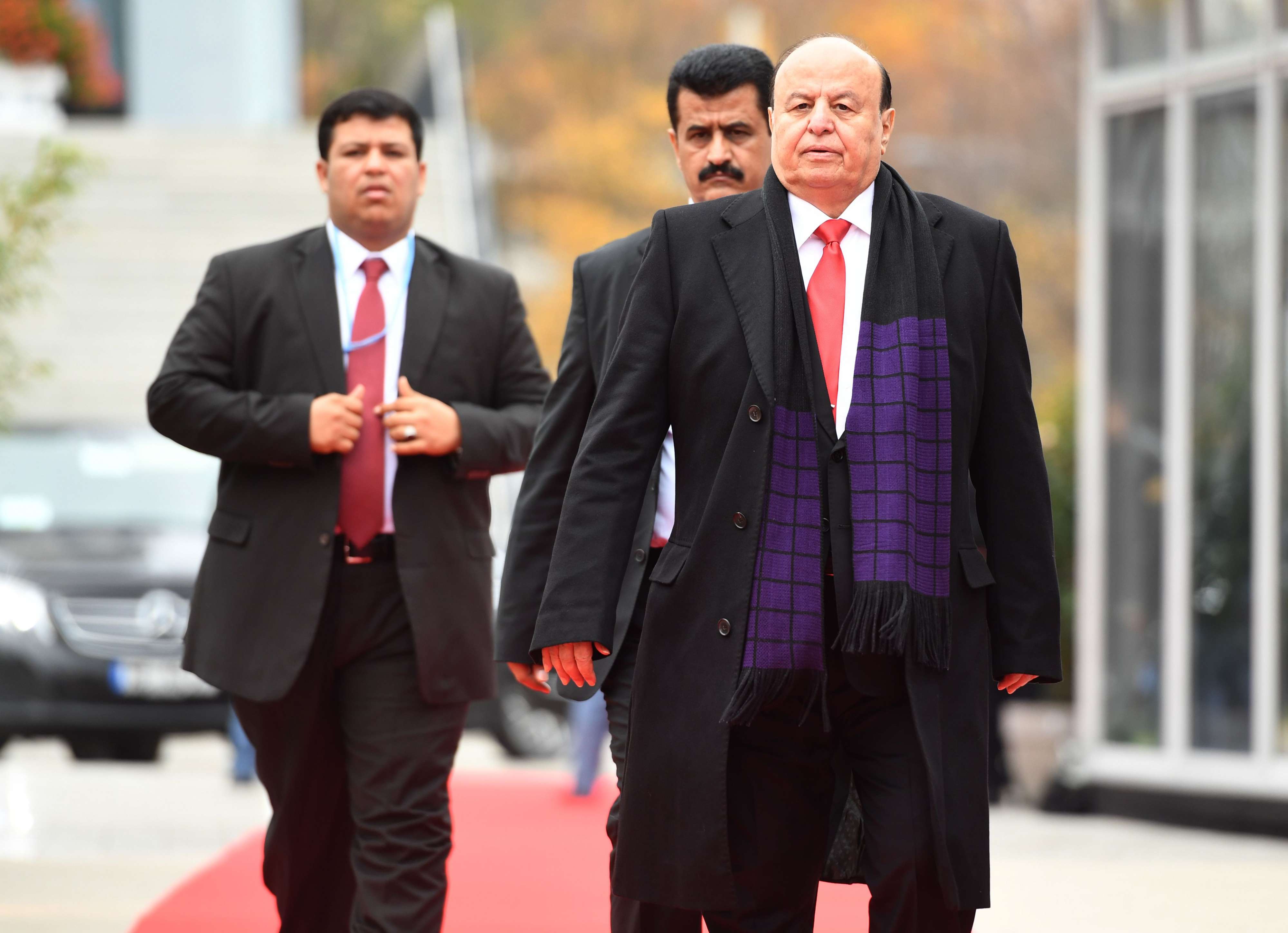Yemen's Hadi in Abu Dhabi for talks with estranged ally
RIYADH - Yemen's president is to hold talks in Abu Dhabi on Tuesday as he attempts to repair relations with the United Arab Emirates, which has increasingly sidelined him in its three-year military intervention.
President Abedrabbo Mansour Hadi is making the rare visit on the advice of King Salman and Crown Prince Mohammed bin Salman of Saudi Arabia, where he lives in exile, Yemen's government-run Saba news agency reported.
Saudi Arabia and the UAE sent troops to Yemen in 2015 with the stated goal of restoring Hadi to power after he fled the country as Huthi Shiite rebels overran most of the country.
But Hadi's close relations with the Muslim Brotherood-dominated Islah party have infuriated Abu Dhabi. The Muslim Brotherhood has been outlawed as a terror group by both the UAE and Saudi Arabia.
Abu Dhabi has instead swung its support behind secessionists who want to restore the pre-1990 independence of south Yemen. With UAE backing, in January the secessionists overran the main southern city of Aden, which serves as the interim seat of Hadi's internationally recognized government.
UAE forces and their allies have also occupied several other key ports and islands, including the strategic Arabian Sea archipelago of Socotra, where Saudi Arabia too deployed troops last month as part of a deal to appease Hadi's government.
The rift between Hadi and Abu Dhabi had largely overshadowed the war gainst the Huthis who still control the capital Sanaa and much of the north. The Saudi-led coalition faces a challenge to ensure that all sides are united against the Shiite rebels backed by Iran.
Last month, UAE troops launched a joint offensive with Hadi's forces and their Saudi allies against the rebel-held Red Sea port of Hodeida.
The city, which has a population of some 600,000, is the entry point for 70 percent of Yemen's imports, the vast majority of them desperately needed food.

